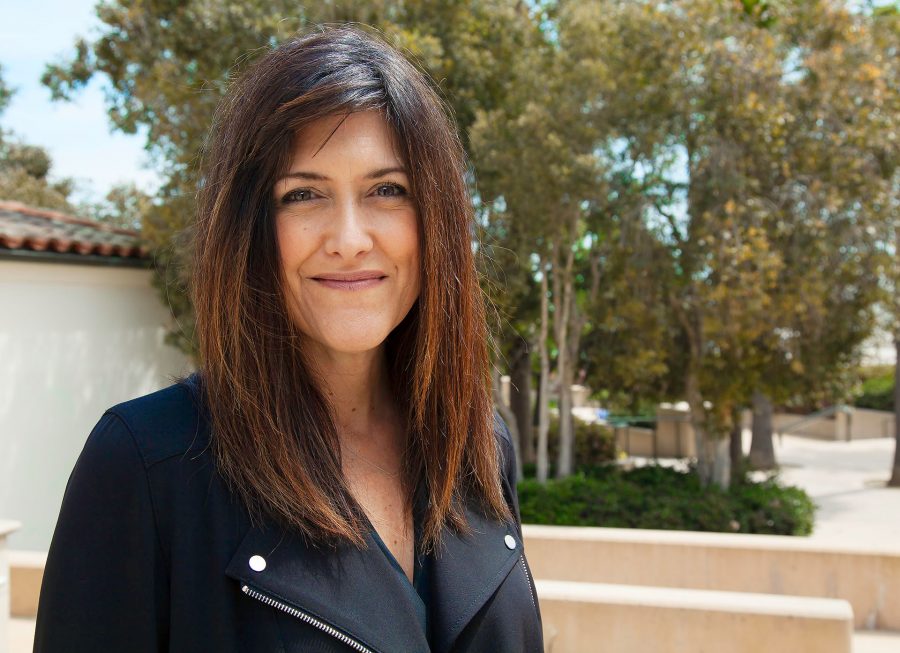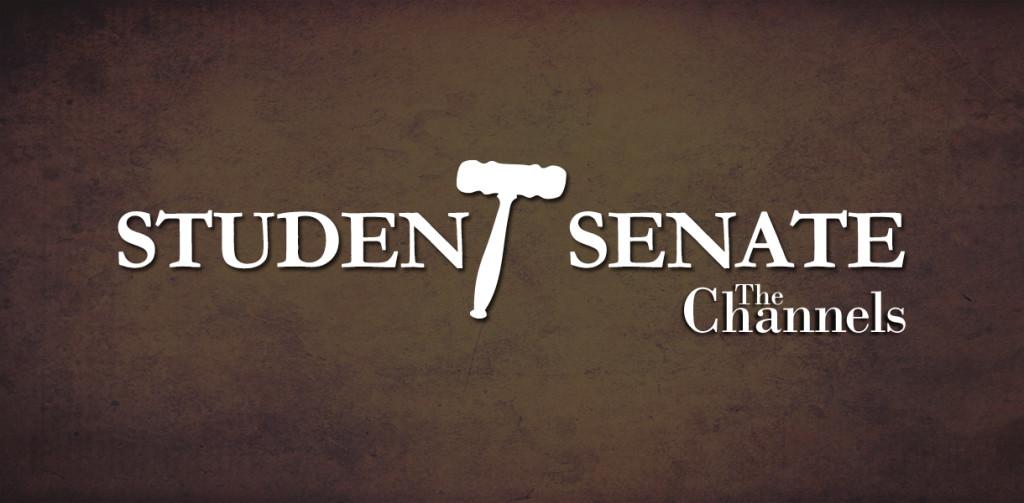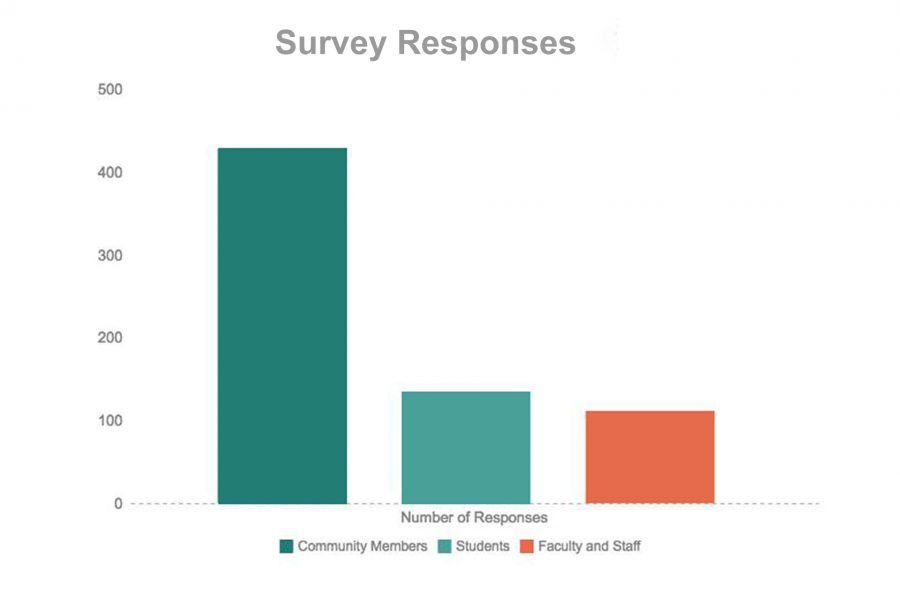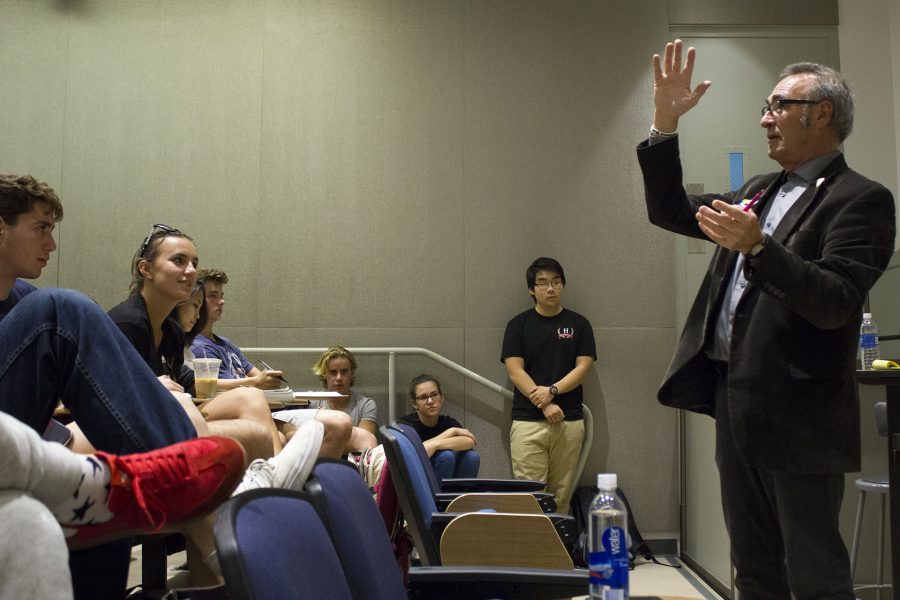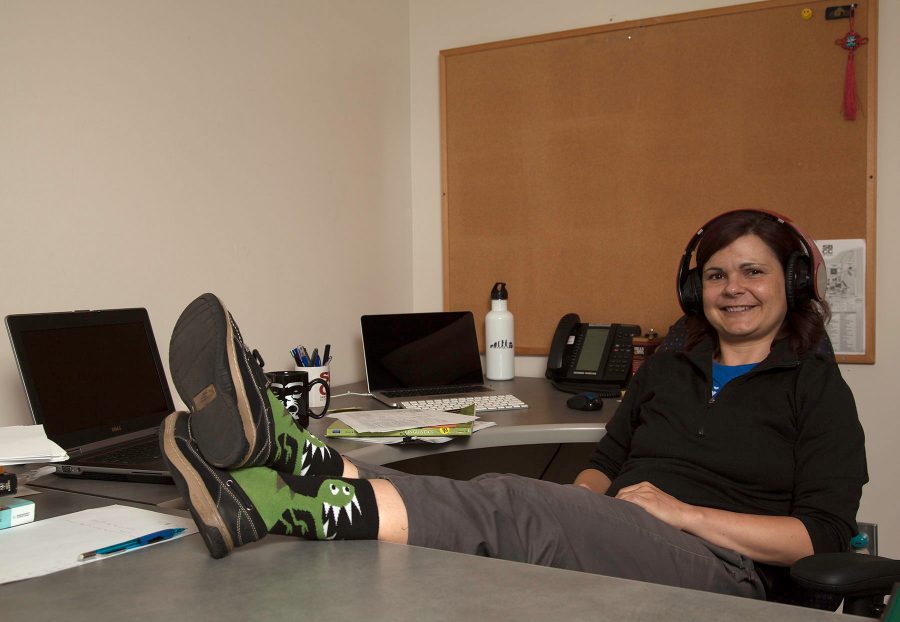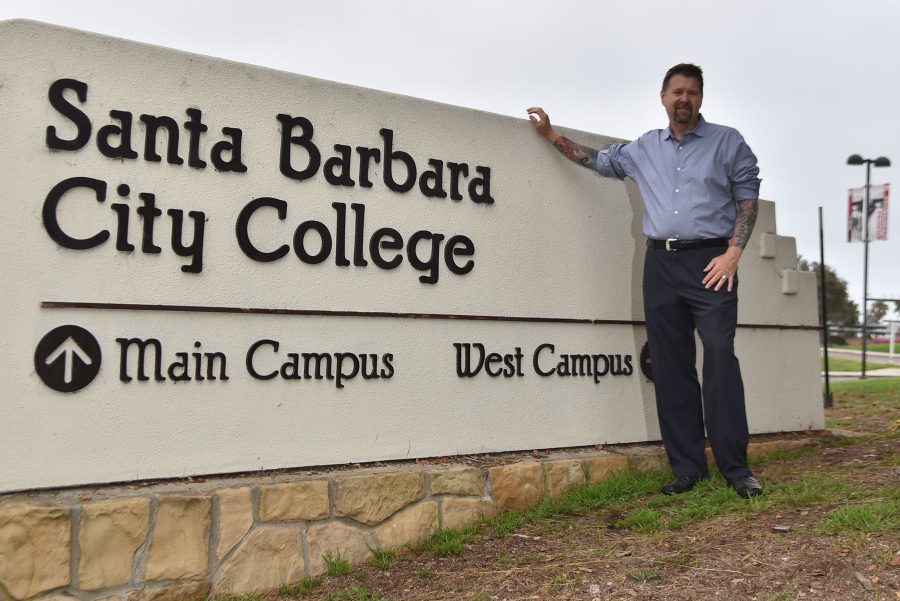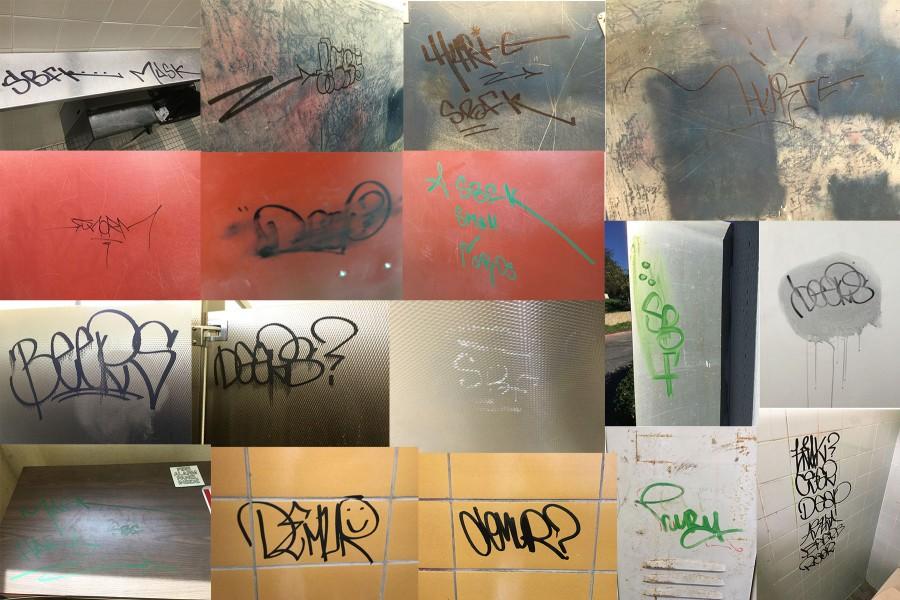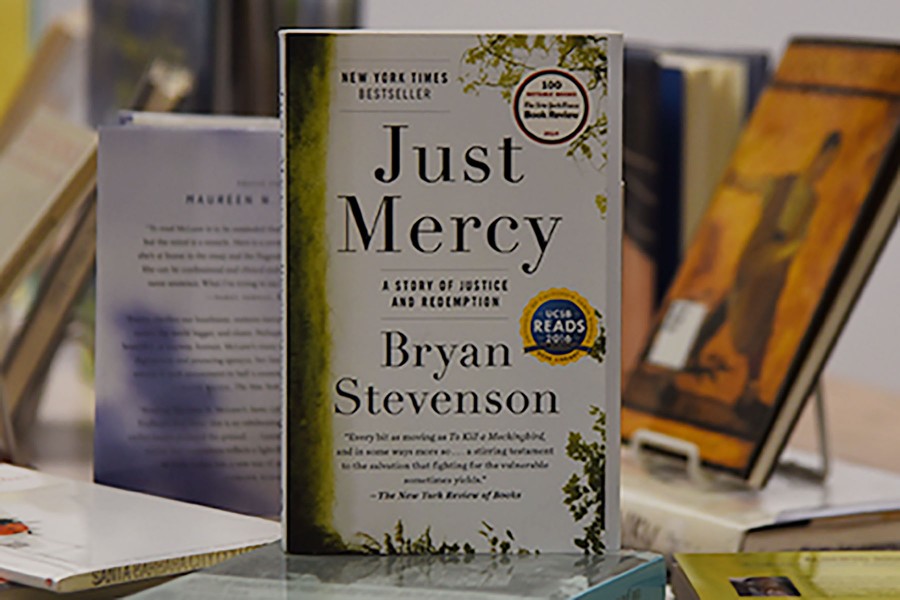To help both students and teachers learn the “dos and don’ts” of copyright issues, City College has created a new, less detailed policy, as well as a committee to answer any questions.
The new policy involves both facts about what students and teacher can and can’t do when it comes to copyright issues, as well as tips on how to search for permission to use things that are protected by copyright law.
The man behind it is library director Kenley Neufeld, who wrote the new policy that is deliberately less detailed than the old one, and more open for interpretation.
“My intention was to try to make it a little bit more clear,” Neufeld said. “And to also allow a little bit more flexibility to use copyrighted material. When you have a policy that says ‘you can only do this, this and that,’ then you can only do this, this and that. Whereas if you have a policy that leaves room for interpretation, then you have a lot more flexibility.”
Neufeld said it is important to look at each separate case on its own. Therefore a committee will be set up to help people with specific questions. The committee will— besides Neufeld—consist of David Wong, director of Instructional Technology, and a third member that is to be appointed by Superintendent–President Andreea Serban.
Anyone with questions can email copyright@sbcc.edu and then the committee will decide if they can handle the question over email or if they need to meet the questioner in person.
The reason for creating the committee is to have a formal mechanism for people with questions. This will come in handy, said photography instructor Liz Amidon.
“I think that is good,” Amidon said. “As it is now, you’re left on your own to figure it out.”
Amidon is probably not going to use the service herself, but said she will direct her students to use the committee.
While problems have come up, she doesn’t think students are trying to intrude to copyright laws deliberately.
“They want to know they are doing the right thing,” she said. “They are just trying to learn photography, they are overwhelmed by that.”
It is common for colleges to leave copyright questions to the library, and Neufeld has spent his career dealing with these issues. But even with 17 years of experience, there is still much to learn. He is currently enrolled in an online fair-use class at the University of Maryland.
“There are 40 students in the class and I think over 30 are librarians. That just gives you an idea of who deals with copyright issues: it’s librarians.”
Besides the new policy and the committee email, a wiki page will be set up where anyone can create an account and ask questions, discuss copyright issues and comment on other concerns.
Common questions usually involve matters of what material instructors can provide to their online students. With the wiki page, common questions and answers can be read before contacting the committee.
“In the future there might be questions that need to be answered fresh every time,” Neufeld said, “but the same questions will come up again and again.”
The policy has been accepted by all formal bodies of City College, except the Board of Trustees. Neufeld hopes it will be approved by the board before the end of this month.



